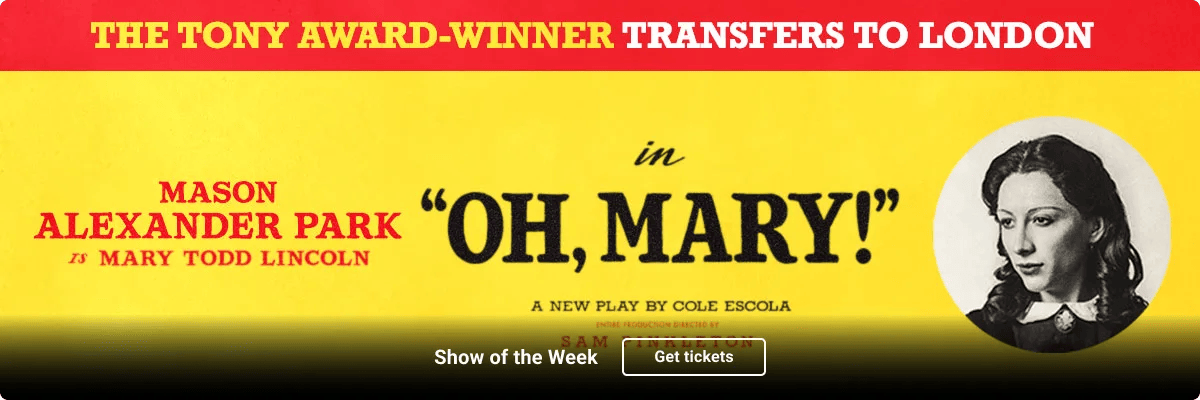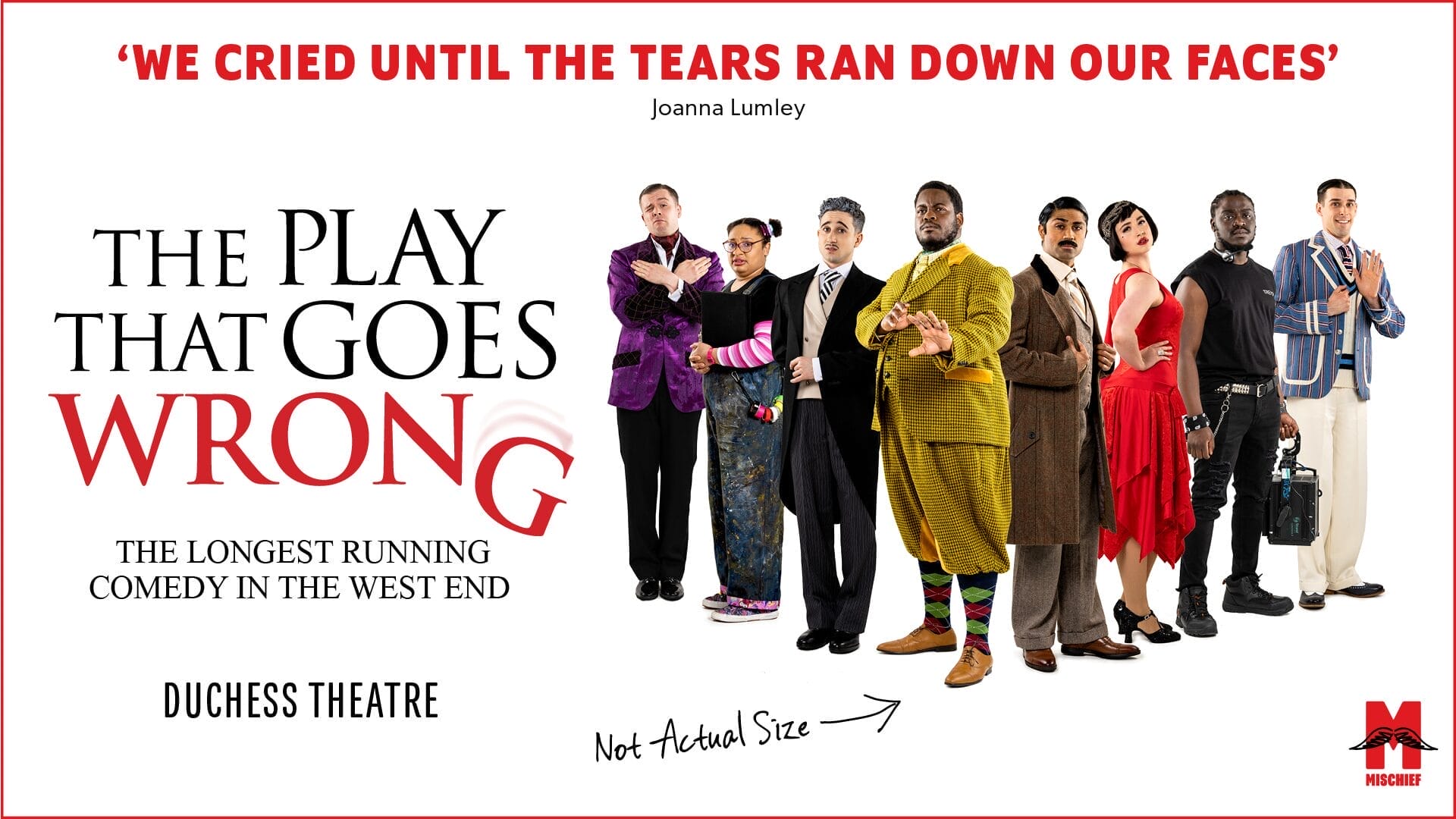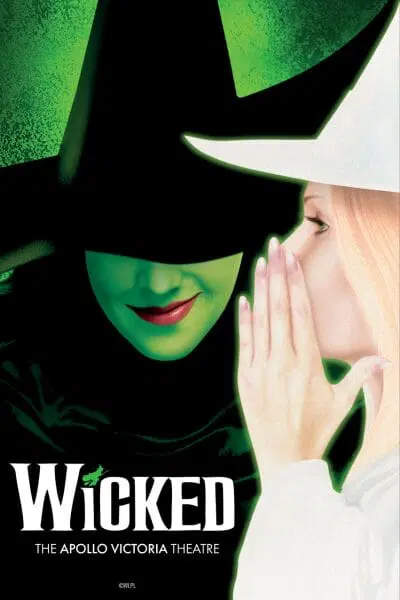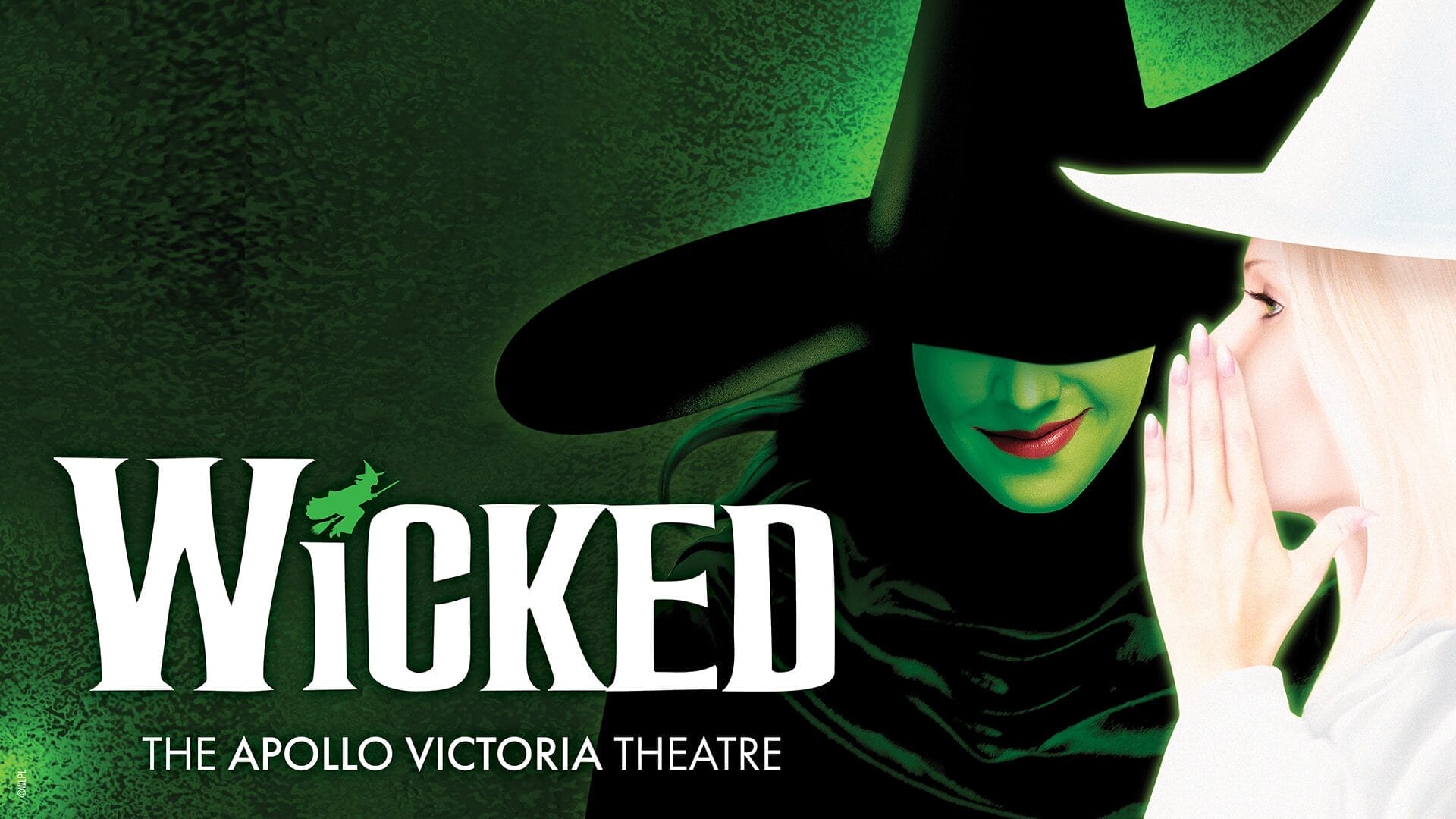Merely Theatre will be coming to Greenwich Theatre as part of their UK tour of two genderblind works that will be performed in rep – Romeo & Juliet and Twelfth Night. We caught up with Artistic Director of Merely Theatre, Scott Ellis, to find out more about their work.
Dates and tickets can be found here.
What inspired you to create Merely Theatre?
I am a great believer that quality can only be achieved by constant practice. The first production we produced we rehearsed for six months, one morning per week. This gave us time to develop our ideas of how we thought Shakespeare’s work should be performed, but also as new grads it guaranteed us at least one day a week of practicing our skills – whatever other job did or didn’t come along! A few years later, in 2014 we went back to this principle, putting on a different Shakespeare play each month with two days rehearsal per week. The original idea came from a talk given by a member of Steppenwolf in my final year at LAMDA. I liked the idea of working with the same group of actors all year round, with some coming in and out when other work comes up.
What is it about Shakespeare that you find so appealing?
He’s just brilliant! The heightened theatrical quality to the language allows for you to reach such extreme ranges of pace, rhythm and flavour but more importantly he creates such audience focused plays. This allows us to celebrate the liveness of theatre and emphasise the things that theatre can do that TV and film can’t, like being spoken to with eye contact directly, asked questions or if you’re very lucky you might have to get involved in a small way! You can perform it anywhere. All you need is the actors, the audience and the text.
You focus on the text rather than staging, why do you think that’s important?
Shakespeare’s plays are so detailed that if you don’t work at all times for the audience’s understanding of each moment then you are short changing them. Clarity is key. Also the rhythms are so well crafted that if you have to take time to move scenery or create imagery in other ways you’re often going to lose something extremely important.
The energy of your productions is often highlighted, how do you find that energy?
What we aim for is creating the illusion of pace with tight cues and active choices. If most of the lines have a front foot energy, then you don’t need to actually speak quickly to achieve pace. This then allows you to take your time on the line and work the sense. Also we make the actors run and sweat…a lot.
Tell us how your gender-blind productions work?
Each actor is twinned with another actor of the opposite gender, and they rehearse their parts together. The result of this is that, for any given performance, any part can be played by either a male or female actor. For example, this year both Simon Grujich and Emmy Rose will rehearse and perform both Juliet and Tybalt in Romeo & Juliet and Viola in Twelfth Night. Either Emmy or Simon will perform on any given night across from a male or female Romeo, Toby Belch, Olivia etc.]
What challenges and opportunities does the gender-blind aspect bring?
It allows us to commit to modern standards of 50/50 employment and lets us get on with putting on the plays without changing them to make a comment on gender. For each actor it opens up a huge amount of roles that they might not otherwise be cast as. The challenges aren’t really in the staging of the plays. Honestly, there is hardly any difference between approaching a character of the opposite gender to the actor compared with a character of the same gender. You still start with questions like – what do they want? What are they saying? What effect are they trying to have? It only becomes a problem if you fall into the trap of putting stereotypes onto a cross gender casting in either direction.
2017 sees you touring the UK for the second time, with Twelfth Night and Romeo & Juliet, why did you pick these two?
These plays work really well as a contrasting pair. You get heart wrenching tragedy in Romeo & Juliet and characters of the most ridiculous hilarity in Twelfth Night! With the way that we work we have to consider which plays can you do justice to with using only five actors. I felt that we could do that with this pair!
Repertory theatre is becoming more unusual, why do you choose to do it?
It is, but in different formats it is making a resurgence! Liverpool and Chester have started operating a Rep system again this year. The way that we work allows for constant improvement. Not only can you create a short hand with actors you have worked with before but on day one of rehearsals, instead of starting from scratch and deciding how to stage a play, you can ask, how do we be better than before. You know your actors’ strengths and where they need pushing. Most importantly this is a bunch of actors who trust each other implicitly and get on really well off stage. The fun that they have on stage together is infectious for an audience.
How did the current company get formed?
It got developed more than it got formed and it has taken on many forms. In the same way many other companies started, we knew each other from drama school and wanted to put on a play. After a couple of shows we formed a larger rep company of around 30 actors and developed the stripped back style that Merely is known for. To move forward into the world of professional theatre we had to scale down, and that is when we came up with the system of ten actors in five pairs. We had often, up to this point, cross cast genders if it worked for a specific character but it was the forming of this touring rep company when we committed to 50/50 gender casting.

















